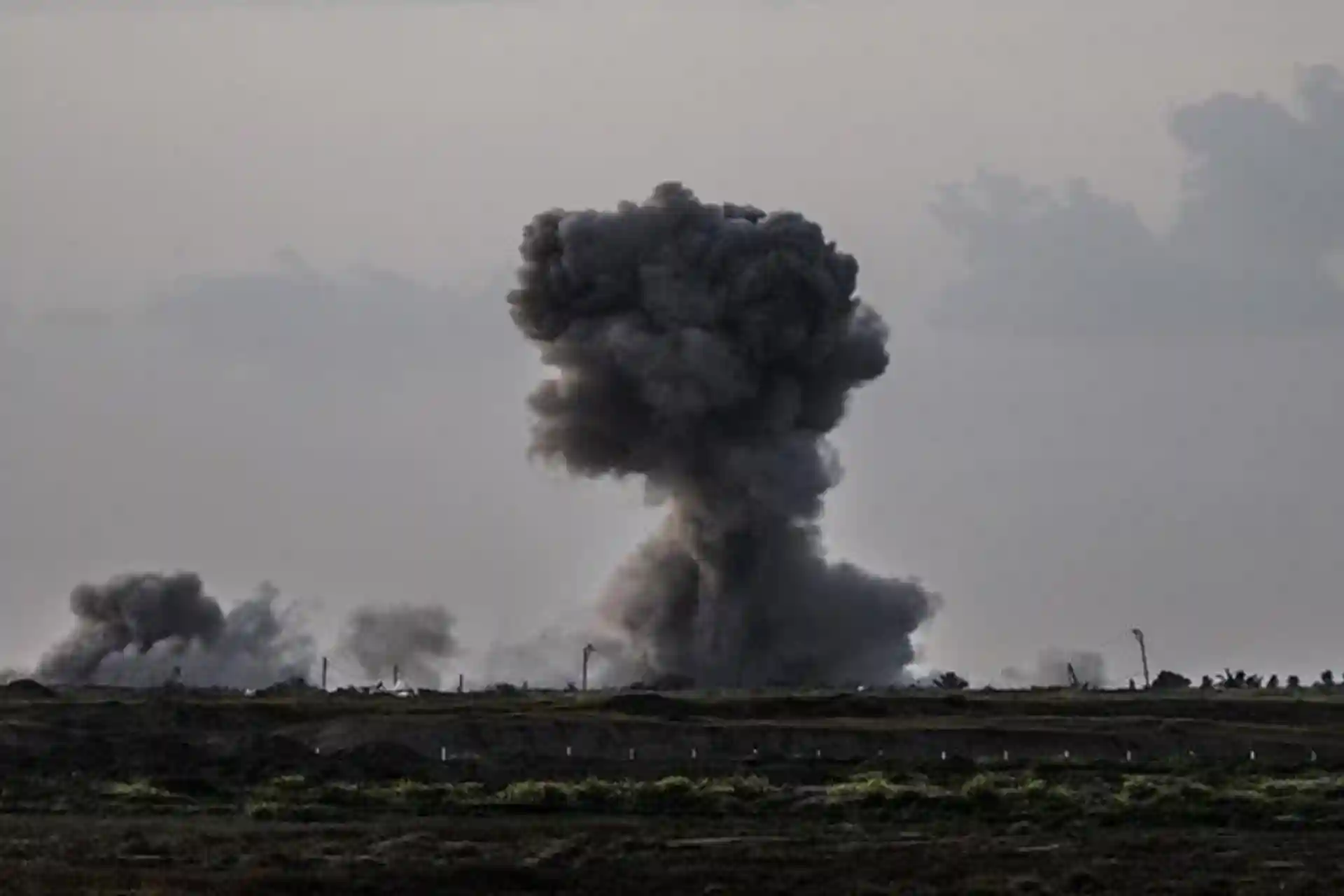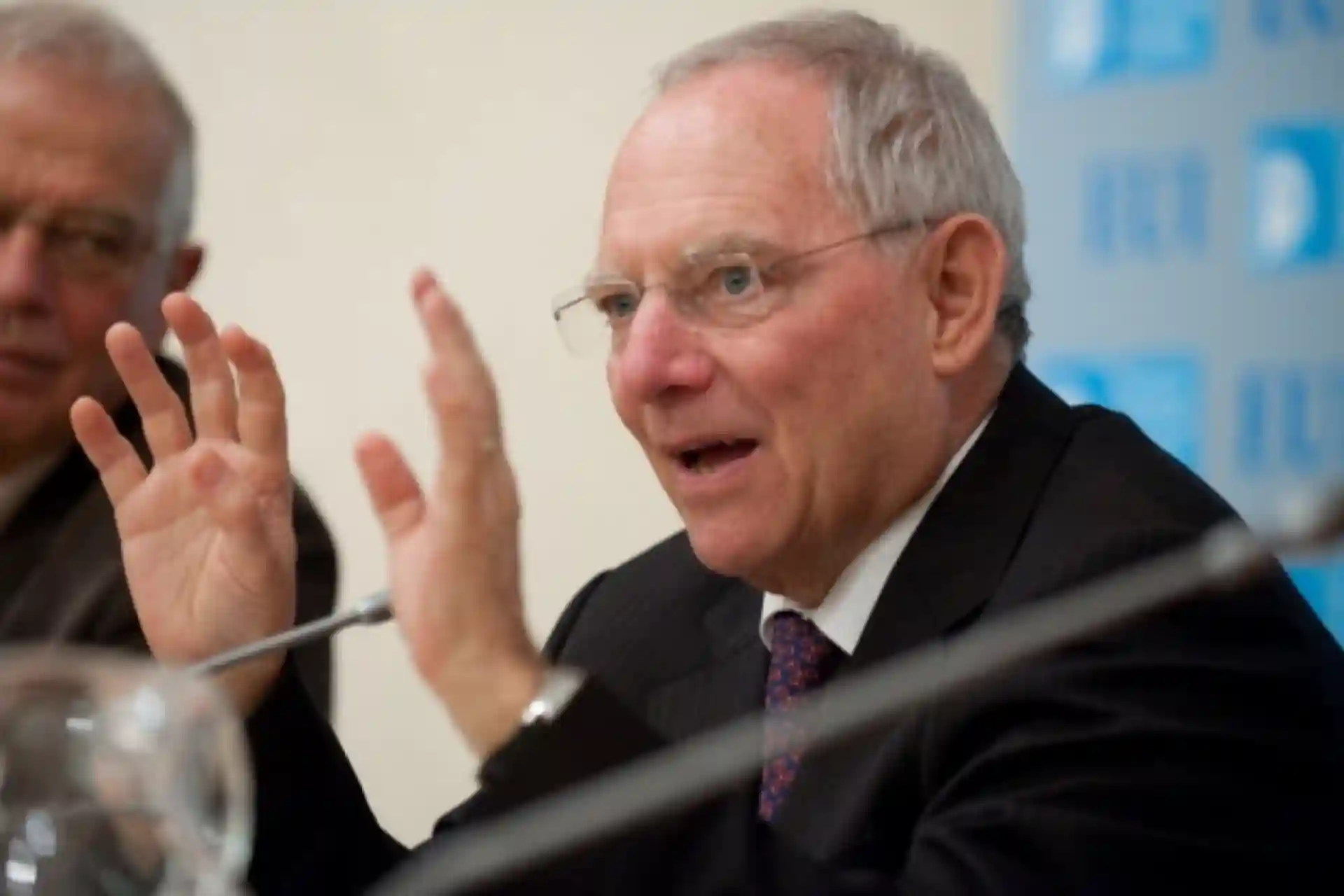The war in Gaza increases the influence of regional governments - Foreign Affairs
Foreign Affairs magazine wrote that Israel's aggression in Gaza reduced US influence in the region and brought regional leaders, who until now could not agree with each other, closer together, taking initiatives and mediating.
Foreign Affairs magazine published an analysis of how Israel's aggression in the Gaza Strip affected the balance of power in the Middle East, TRT reports .
According to the article, the prolongation of the conflict will undermine the influence of the United States in the region and will help to establish mutual relations and mediation between the regional states that were in conflict with each other.
"While the Gaza war has brought the Palestinian issue back onto the international agenda, it has illuminated important new political dynamics in the Middle East. On the one hand, the United States seems to be losing its influence. But at the same time , regional powers , including countries with a history of conflict, are taking the initiative, mediating and coordinating their policy responses. "Regional powers, particularly Egypt, Jordan, Qatar, Saudi Arabia, Turkey and the UAE, were not very united on the Palestinian issue until October 7, but now they are acting with impressive unity, coordination and planning ," the article reads.
It is noted that the Gaza war seems to have strengthened rather than destroyed relations between Iran and Saudi Arabia. In November 2023, Iranian President Ibrahim Raisi attended a rare joint meeting of the Arab League and the Organization of Islamic Cooperation hosted by Saudi Crown Prince Mohammed bin Salman, and the following month, the leaders of Iran and Saudi Arabia met again in Beijing to discuss the war in Gaza. The two countries also plan to exchange state visits by Raisi and Mohammed in the coming months.
“Despite its desire, the United States cannot provide the decisive leadership or tools necessary to achieve a sustainable Israeli-Palestinian settlement. Leaders and diplomats of Middle Eastern countries take responsibility for this. The war, which attracted the attention and diplomatic power of the region, created a rare opportunity for new forms of shared leadership.
Foreign Affairs also reminded of the Turkish initiative put forward by Turkish Foreign Minister Hakan Fidan in October of last year. At that time , Turkey proposed the concept of a multilateral guarantee system, which states that the countries of the region should protect and strengthen the security and governance of Palestine, while the United States and European countries should provide security guarantees to Israel. At the moment, Saudi Arabia and other Arab countries are working on a peace plan to normalize relations with Israel and create a permanent path to a Palestinian state.
"You're running out of time to take advantage of this reboot . Small Arab states, along with regional powers such as Turkey, should seize the opportunity to preserve some of the rapprochement brought about by Gaza and the coordination that followed. The region may fall further into crisis and conflict or begin to build a different future together," the authors of the analysis conclude.



